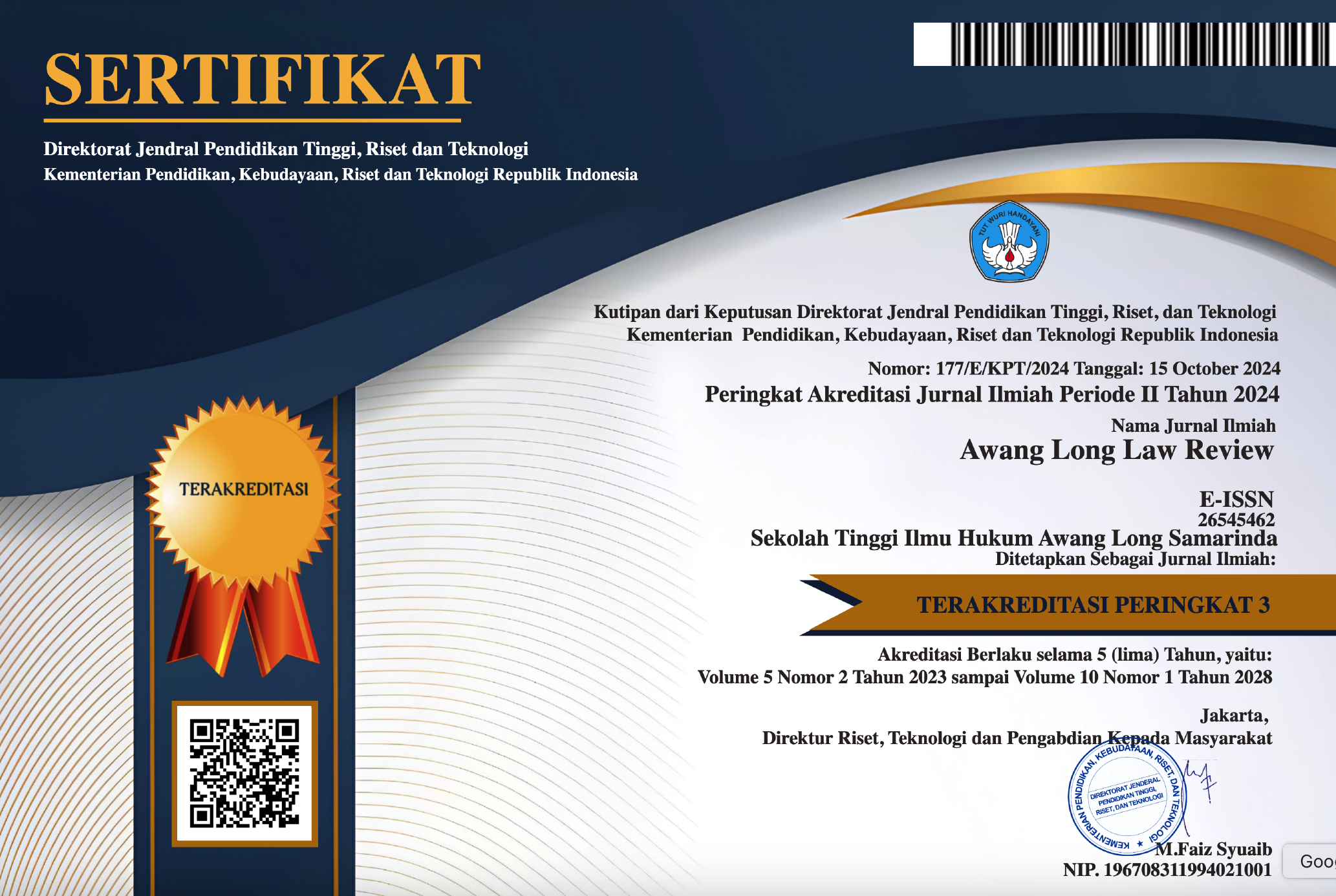RETHINKING THE HISTORY: DOES THE PRINCIPLE OF SELF-DETERMINATION ENTAIL A POSITIVE ENTITLEMENT TO SECESSION?
Abstract
This paper aims to examine further the principle of self-determination as one of the rights in international affairs. It is to identify whether the principle of self-determination provides an automatic right for an integral part of a State to unilaterally secede from the Parent State. This research uses normative and theoretical research. Data collection methods are conducted by tracing and reading through international conventions, laws and regulations, legal literature, international cases, documents, journals, research reports, and online media. The results of this research stated that international law does not provide any legal remedies for people that they may use to exercise their right to self-determination. The reasons are, first, the lack of any basis for such change in international law, and second, there is no point in the rejection to recognize facts not drawn on in the violation of international law. The territorial integrity principle, considered one of the fundamental principles of international law, is the antithesis of secession. Because it involves the capacity of a State to operate and control the functions of the State within its own territory.
Downloads
Copyright (c) 2022 Awang Long School of Law

This work is licensed under a Creative Commons Attribution-ShareAlike 4.0 International License.







